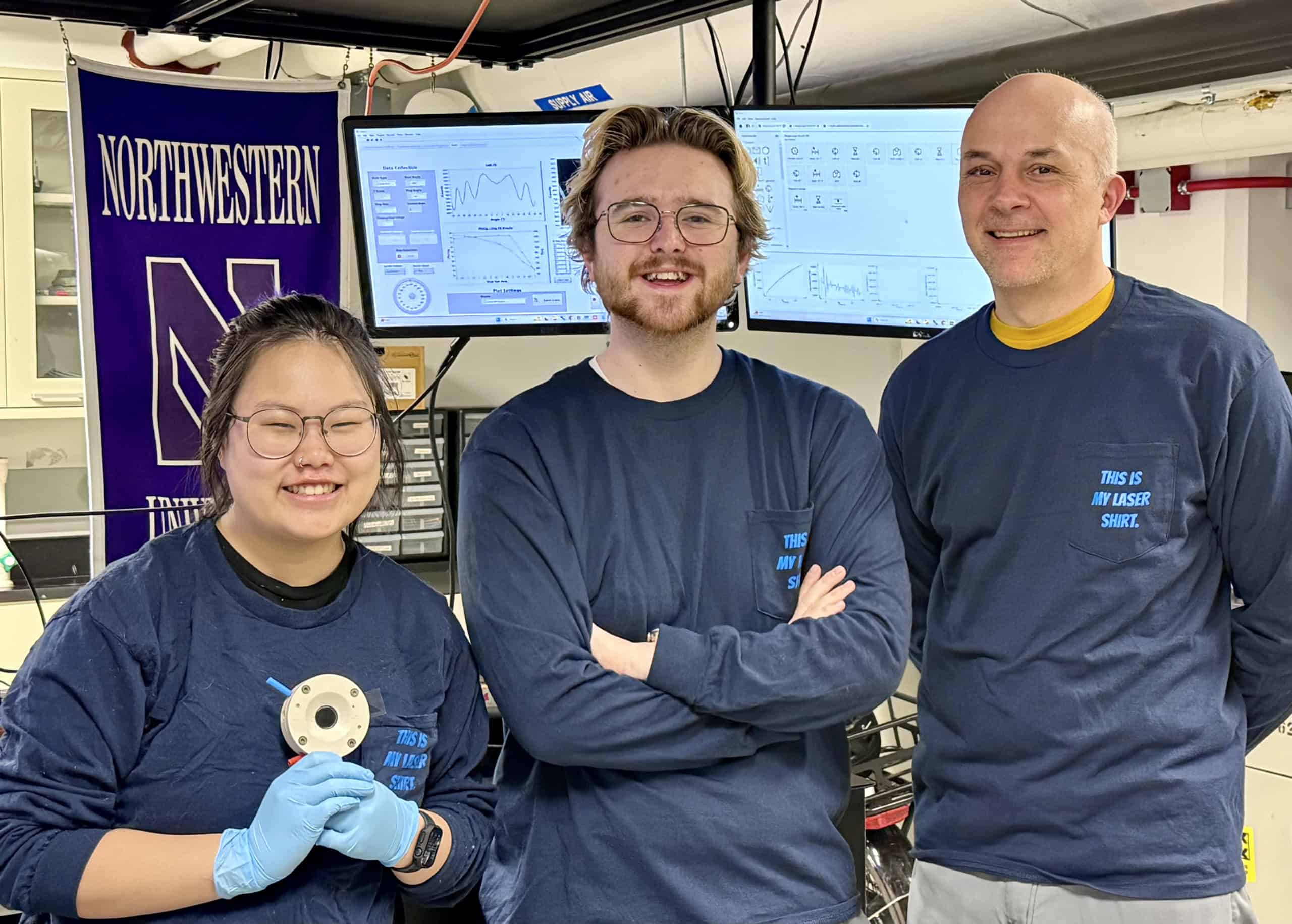Physicsworld
1M
407

Image Credit: Physicsworld
Splitting water takes more energy than theory predicts – and now scientists know why
- Scientists at Northwestern University have discovered why the process of splitting water to form oxygen during the oxygen evolution reaction (OER) takes more energy than predicted by theory.
- Water molecules on the surface of an electrode flip just before they give up electrons, resulting in inefficient water splitting.
- The researchers have identified that controlling the orientation of water at the electrode-water interface could improve the efficiency of the OER.
- The findings could have implications for multiple energy-related technologies beyond water splitting, such as the hydrogen evolution reaction and CO2 reduction to liquid fuels.
Read Full Article
24 Likes
For uninterrupted reading, download the app